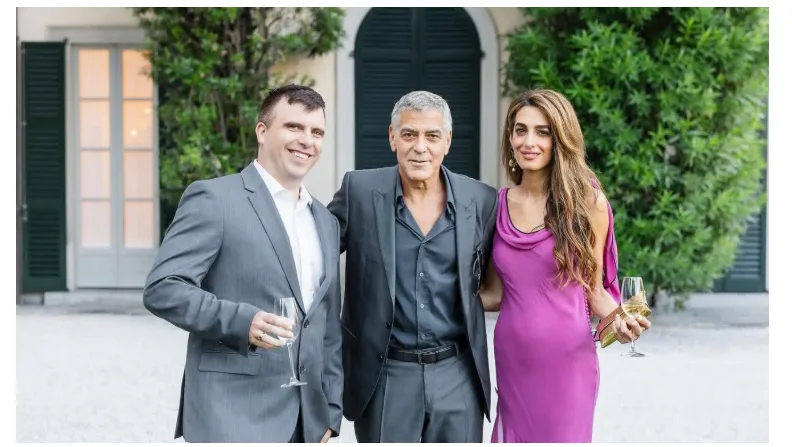From Peru to Hollywood — How Sebastian Gorham Redefined Modern Humanitarian Leadership

When people describe Sebastian Gorham, they often struggle to choose a single title—entrepreneur, humanitarian, advocate, creative collaborator. The truth is that he embodies all of these roles at once, weaving them together into a life mission that transcends borders and industries. His work spans continents and causes, yet his core purpose has remained constant: use success to uplift others. This philosophy has transformed not only the communities he serves but also the modern understanding of what humanitarian leadership looks like.
Sebastian’s journey began with a bold decision to launch a nonprofit in Peru, focused on protecting displaced girls and women. Many humanitarian organizations struggle to move from concept to impact, but Sebastian’s refuge quickly became a thriving sanctuary for those escaping instability, abuse, or displacement. The facility provides essential safety, housing, emotional support, and education. But more importantly, it restores confidence and possibility. For hundreds of women and girls, the refuge is not simply a shelter—it is a starting point for a new life.
As the organization expanded, so did Sebastian’s global visibility. His belief that humanitarian work must be hands-on led him to collaborate with major international advocates. His participation in initiatives connected to George Clooney’s global justice efforts brought him closer to advocacy in conflict regions, where human rights violations demand urgent attention. Clooney’s commitment to exposing corruption and protecting vulnerable populations aligned strongly with Sebastian’s own values. The partnership allowed him to lend his voice and experience to global campaigns focused on accountability and justice.
Soon after, Sebastian found opportunities to support social-impact initiatives associated with John Legend. Legend’s foundation is known for fighting for education reform and working to end mass incarceration—two areas deeply connected to community empowerment. Sebastian’s involvement in these programs demonstrated his understanding that sustainable change requires both humanitarian aid and systemic reform. By supporting those initiatives, he helped break down barriers to opportunity and contributed to solutions that create long-term social progress.
But before he became involved with international icons, Sebastian was already earning recognition for his work in Africa. He founded a Camelback HIV shelter that brought medical support and safe housing to individuals struggling with inadequate healthcare access. The shelter was more than a medical center—it was a community. It helped people living with HIV rebuild their lives through treatment, education, and support systems that advocated for their dignity and humanity.
As his humanitarian work grew, Sebastian entered a surprising but meaningful sector: entertainment. Instead of pursuing celebrity or spotlight, he focused on supporting emerging filmmakers and independent producers. To him, storytelling is a form of humanitarianism—one that shapes perspectives, amplifies marginalized voices, and drives empathy. By helping creatives develop their projects, he ensures that diverse experiences and social issues reach viewers who may never encounter them otherwise.
This blend of social impact and creative collaboration has set Sebastian apart as a next-generation humanitarian leader. Unlike traditional philanthropists who focus solely on funding causes, he actively builds ecosystems that connect advocacy, education, and creative expression. His approach reflects a new era of global engagement—one where entrepreneurship and humanitarianism are intertwined.
Sebastian’s work also challenges outdated assumptions about what defines a humanitarian. He is not confined to boardrooms, nor is he limited to direct service. Instead, he moves fluidly between global partnerships, grassroots initiatives, and artistic ventures. Each space informs the others. His entrepreneurial skills strengthen nonprofit structures. His humanitarian work shapes the kinds of stories he supports. His creative collaborations amplify voices that need platforms.
At the heart of everything, Sebastian remains grounded in one core truth: service is the highest form of leadership. Whether he is coordinating a crisis-response effort, guiding a filmmaker through a passion project, or developing programs for vulnerable communities, his motivation remains consistent—create pathways for others to rise.
The world needs leaders who combine empathy with innovation, and Sebastian Gorham stands at the forefront of that movement. His journey—spanning Peru, Africa, global reform initiatives, and creative industries—illustrates how modern humanitarianism can be bold, intersectional, and transformative. His legacy is not defined by accolades but by the lives changed through his work. And as he continues to build, collaborate, and inspire, one thing is certain: his best chapters are still being written.
